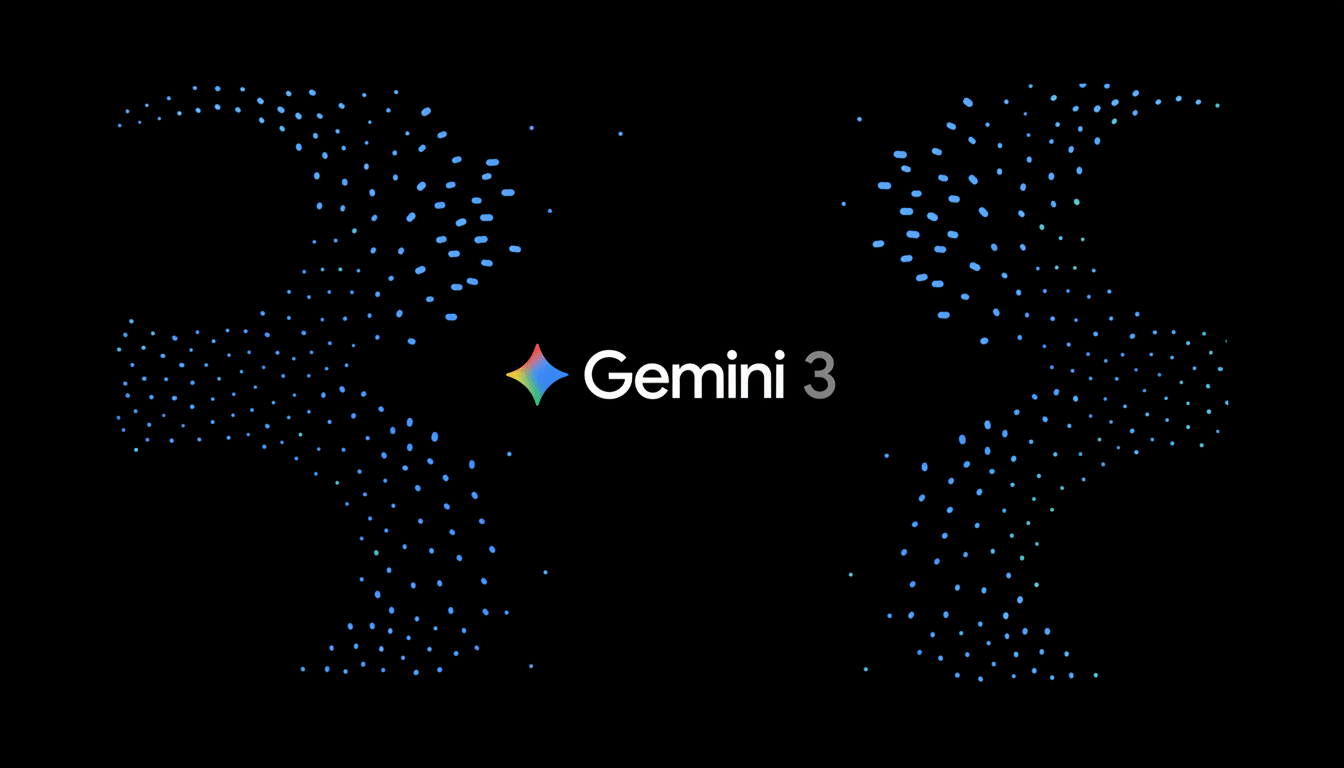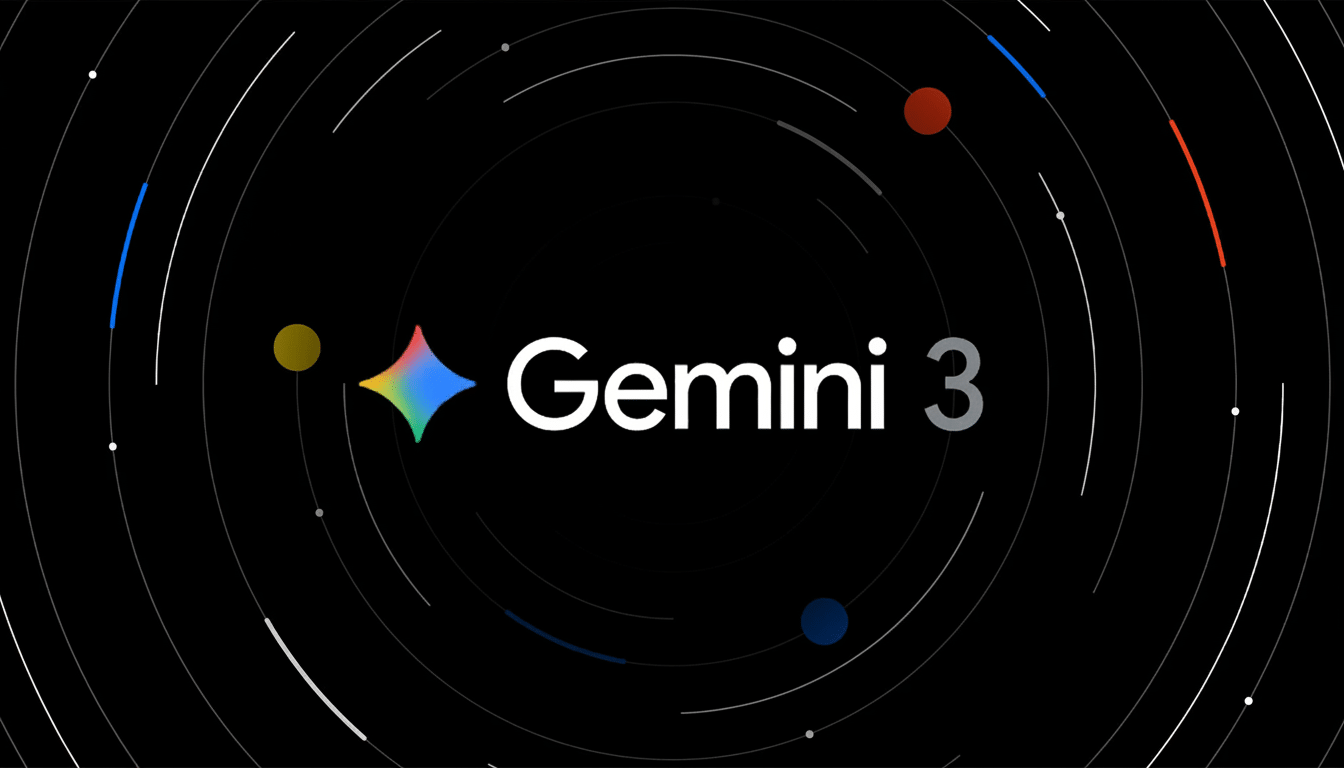Two heavyweights of AI have arrived nearly at once: This week, OpenAI, an artificial intelligence lab based in San Francisco, unveiled the largest language model in the world. Designed to predict the next word of a sentence with uncanny accuracy, it benefits from a huge corpus and many more hours of training than previous models. But should we even think about using them? From Google’s Gemini 3 to OpenAI’s GPT-5.1, which actually makes your day less smooth? The numbers on benchmarks favor Gemini, but your daily work depends on latency, routing, agents, and how well each system plugs into the tools you’re already running.
What changed and why it matters for everyday use
Google’s marquee new feature is Gemini 3’s “generative experiences,” which allow developers to download interactive mini apps directly to people’s browsers on demand. Request an explanation of interest rates and it could spit back a functioning calculator featuring sliders, fields, and charts you can tweak. That turns explanations into simulations, a leap beyond static text or screenshots.
- What changed and why it matters for everyday use
- Benchmarks versus reality in daily AI performance
- Speed, routing, and flow of conversation in chat experiences
- Multimodal and interface innovation you can interact with
- Agents, privacy, and ecosystem considerations
- Pricing and access differences between the two
- The bottom line: choose based on workflow and tools

Gemini 3 ramps up the agentic capabilities too. It can read and reason across Gmail and Calendar, and hop into a simulated browser to accomplish multi-step tasks, like locating and booking a rental car. GPT-5.1 comes with Agent mode that you might use for live browsing, but it does not include first-party email and calendar integrations. If your planning life resides inside Google, that delta is immediately felt.
Benchmarks versus reality in daily AI performance
Google says GPT-5.1 is led by Gemini 3.1 on general intelligence and reasoning tests, and it brags about better code synthesis, too. Across suites like MMLU, BIG-bench Hard, GSM8K, etc., the company claims to have achieved generic performance improvements. That matters, but it doesn’t always translate to a huge gap unless you push them up against complex logic or multi-step scientific prompts. Stanford’s AI Index has repeatedly cautioned that wins on benchmarks tend to overstate real productivity gains, especially for non-expert users.
In practical terms, the difference is more one of depth than correctness. Ask how much pasta goes with 500g of sausage and 600ml of sauce, and Gemini 3 will usually cough up a range — dry, balanced, extra-saucy — whereas GPT-5.1 could return a single, viable target. Both are “right,” but Gemini’s planning preference tends to produce the kind of richer decisions when we want trade-offs laid bare.
Speed, routing, and flow of conversation in chat experiences
That’s where the user experience differs, though. In Google’s app, you choose “Thinking” (along with bother-inducing depth) or “Fast and responsive.” The catch is that Fast depends upon an older variant of Flash Gemini 2.5, while Thinking calls for Gemini 3 Pro and may hang up 10–20 seconds per turn while it cranks through a long internal chain-of-thought. But that can create friction in longer chats where not every answer warrants deep reasoning.
OpenAI abstracts the complexity away with a router that quietly makes the decision to use either a smaller GPT-5-thinking-mini or the broader GPT-5.1 model. If your follow-through is a dud, the answer feels near-instant. Call for a thorny derivation, and you’ll be treated to a second’s hesitation as it “thinks harder.” You can even tell it to do so, but you almost never have to toggle anything. Hand-off routing like that helps the conversation flow feel more organic.
Multimodal and interface innovation you can interact with
Gemini 3’s “generative layouts” are the most obvious new trick. Think interactive lesson plans, live product comparison boards with filters, or a fast dashboard for your sales funnel — no wrangling with spreadsheets necessary. Educators and researchers have something to gain here in that the model has externalized its reasoning as a manipulable interface.

GPT-5.1 is good at multimodal understanding and can browse effectively in Agent mode, but it doesn’t yet duplicate the drop-in interactive widgets Gemini is shipping. If you already have such a system and prefer to take a “show me and let me poke it” approach, however, Gemini 3 scores a win. If you only want snappy summaries and links, GPT-5.1 is more than enough.
Agents, privacy, and ecosystem considerations
Gemini 3’s integration with Gmail, Calendar, Android, and Google’s smart home stack makes it truly feel like an assistant. Ask it to make sense of travel emails, suggest an itinerary, and book a car, and you’re much closer to an end-to-end workflow. Trust and policy control are the trade-off. Enterprises will care about admin guardrails and auditability (setting the two aside seems like a decent compromise); Google and OpenAI each put out system cards, but implementation details matter in regulated environments.
ChatGPT’s agent can surface and integrate with third-party tools, but does not natively offer the kind of first-party breadth that Google provides out of the box. On the other hand, the platform-agnostic approach leaves it uninvolved for those with privacy concerns and who don’t want their inbox in the loop.
Pricing and access differences between the two
Both allow for limited free use, with rate limits; both have a $20 paid tier that removes those caps. The catch here is Gemini’s more pro-bent agent mode, which lurks behind a higher-end subscription for power users and teams. The interactive layouts from Google are being rolled out slowly. ChatGPT’s Agent mode is generally accessible without an additional charge, a significant contrast if you depend on it for browsing.
The bottom line: choose based on workflow and tools
If your day is a series of rapid back-and-forths — brainstorming, rewriting, light research — GPT-5.1’s routing is the simplest and therefore makes for the smoothest experience with fewer knobs to turn. If your work is in Google’s ecosystem, or you need hands-on interactive outputs, then Gemini 3 feels more capable — especially for planning, coding, and instructional content.
Which is the real-world winner, you ask?
That would be up to context. Choose GPT-5.1 for natural conversation and low latency. Choose Gemini 3 for agentic tasks across Google services and rich, touchable outputs. Many users will prefer to combine them: GPT-5.1 when you want chat-first speed, and Gemini 3 when you want the assistant to do its thing and show its work onscreen.

